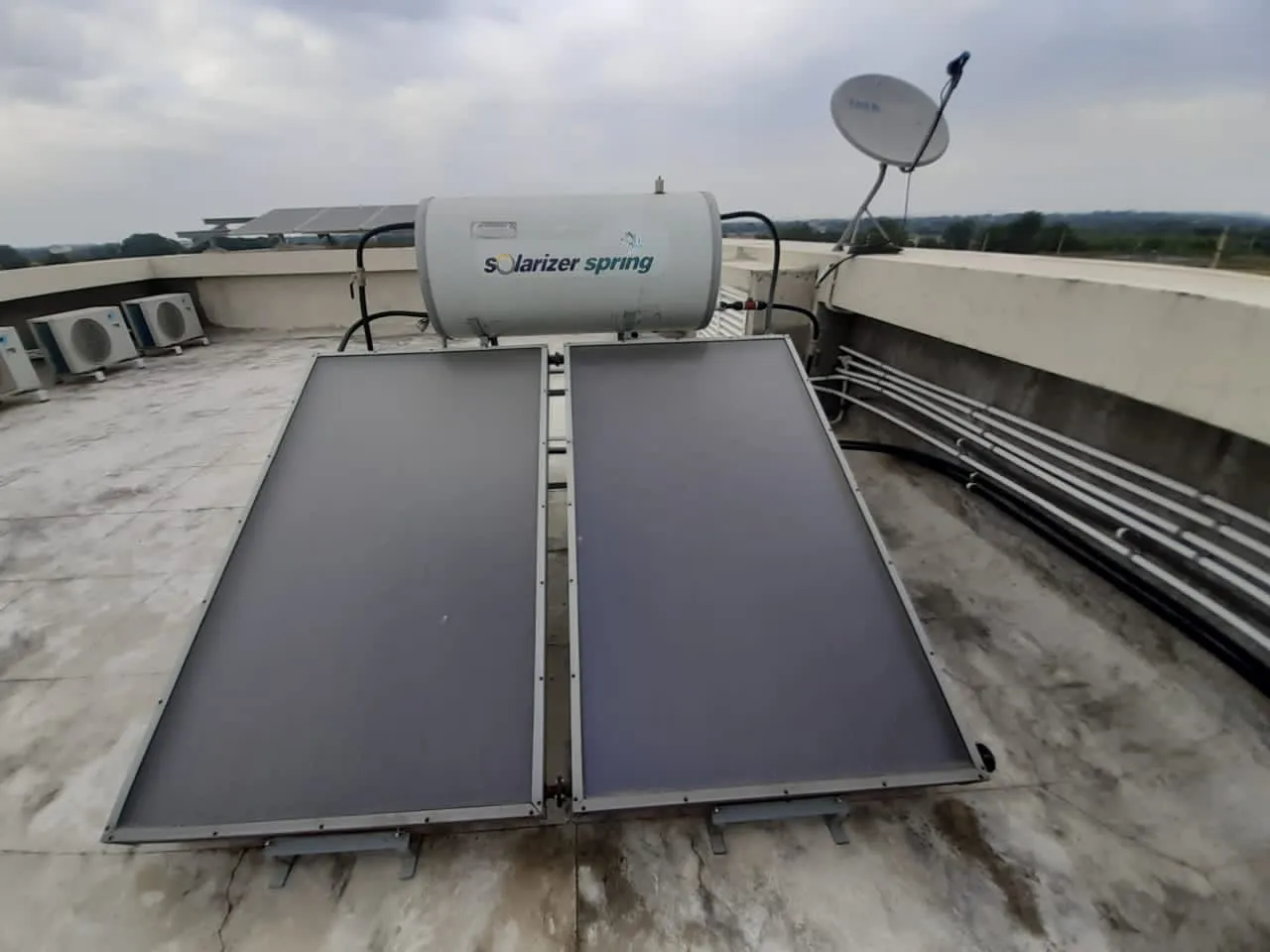 Contact us
Contact usIntent
Community
Studio Organo Concepts
About Us
Subsidaries
Studio Organo
TS RERA No.P02400003403.
TS RERA No.P02400003403.

Asphia Taimur
It depends.
Most of the households in the cities are equipped with conventional geysers. However, an increasing number of eco-conscious & wallet-conscious households are installing solar hot water systems on their rooftops.
While solar hot water systems use very little electricity and are a much better solution in terms of reducing footprints on the environment, does it make sense all the time under all scenarios? Is a Solar Water Heater worth It? How do we measure?

One way of comparing these two systems is doing a life cycle analysis with the cost.
The following comparison has been done for 150 villas as a case study with a capacity of 200 liters per day consumption of hot water.

Although the initial cost of both the systems is relatively the same, the solar hot water system performs much better in terms of operational cost.
Another downside of installing conventional geysers is the huge carbon footprint on the environment.
Such a situation may arise if the homes are not occupied throughout the year. In such cases, maintenance issues crop up in solar hot water systems because of residual water in the heater contributing to scaling issues which decrease efficiency and require high maintenance and downtime.



If the geysers are powered using solar panels, the carbon footprint reduces and maintenance is also very low.
The verdict is- electric geysers make more sense in a community where units are not occupied every day but in regular homes, solar water heating systems win hands down.
Reference Link : https://www.venushomeappliances.com/hardwater-protection.html
